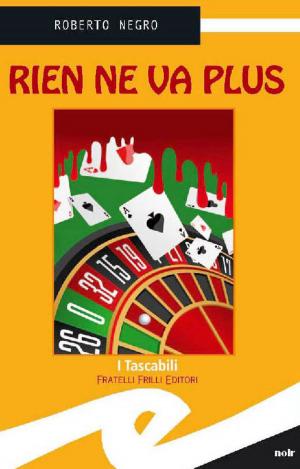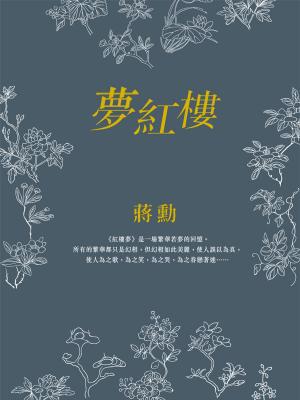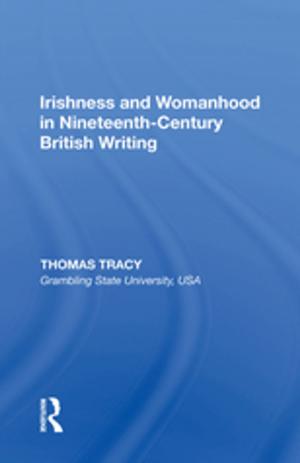| Author: | Jian Qiu Huang | ISBN: | 9781466132368 |
| Publisher: | Jian Qiu Huang | Publication: | October 21, 2011 |
| Imprint: | Smashwords Edition | Language: | English |
| Author: | Jian Qiu Huang |
| ISBN: | 9781466132368 |
| Publisher: | Jian Qiu Huang |
| Publication: | October 21, 2011 |
| Imprint: | Smashwords Edition |
| Language: | English |
If you are looking for a literary masterpiece, you may find this book a little simplistic. However, if you are looking to understand the challenges faced by many Asian migrant students in the 70s in Australia, then this book may interest you. Every person has his or her own challenges, and this book is about one such person.
Jian Qiu went to Australia to seek an education, and while university gave him a degree and a profession, the experiences and adversities he faced gave him much more. They prepared him for life. Many of the situations Jian Qiu faced were the result of a conflict of cultures; he was Malaysian, and he was Australian, and the dichotomy of being both produced physical and emotional challenges. He straddled two cultures – Asian and Western – and, indeed, still do so. The challenges that he faced were not caused by either of these cultures alone, but in combination they exacerbated his situation and, as a result, have made him a better person through personal and spiritual growth.
To set the background from which this growth emanates, the book needed to describe the situation and the people who, at that time, deemed to have caused him pain. When describing the situation or the person, the intent was not to apportion blame, but rather to set the scenes, which provided the catalyst for Jian Qiu's life-changing experiences. In the end the soul who hurts is the same soul who gets hurt. We are all but one.
It is his hope that his readers will see the positive outcome of his story, especially those who are in situations similar to those in which Jian Qiu found himself. If you are one of these readers stay grounded - you, too, will conquer your situation and find that there is definitely life at the end of every adversity. Even if you are not facing situations similar to him, I am sure you will gain a better understanding of his journey, which is, no doubt, still being repeated today with new migrant students.
If you are looking for a literary masterpiece, you may find this book a little simplistic. However, if you are looking to understand the challenges faced by many Asian migrant students in the 70s in Australia, then this book may interest you. Every person has his or her own challenges, and this book is about one such person.
Jian Qiu went to Australia to seek an education, and while university gave him a degree and a profession, the experiences and adversities he faced gave him much more. They prepared him for life. Many of the situations Jian Qiu faced were the result of a conflict of cultures; he was Malaysian, and he was Australian, and the dichotomy of being both produced physical and emotional challenges. He straddled two cultures – Asian and Western – and, indeed, still do so. The challenges that he faced were not caused by either of these cultures alone, but in combination they exacerbated his situation and, as a result, have made him a better person through personal and spiritual growth.
To set the background from which this growth emanates, the book needed to describe the situation and the people who, at that time, deemed to have caused him pain. When describing the situation or the person, the intent was not to apportion blame, but rather to set the scenes, which provided the catalyst for Jian Qiu's life-changing experiences. In the end the soul who hurts is the same soul who gets hurt. We are all but one.
It is his hope that his readers will see the positive outcome of his story, especially those who are in situations similar to those in which Jian Qiu found himself. If you are one of these readers stay grounded - you, too, will conquer your situation and find that there is definitely life at the end of every adversity. Even if you are not facing situations similar to him, I am sure you will gain a better understanding of his journey, which is, no doubt, still being repeated today with new migrant students.















